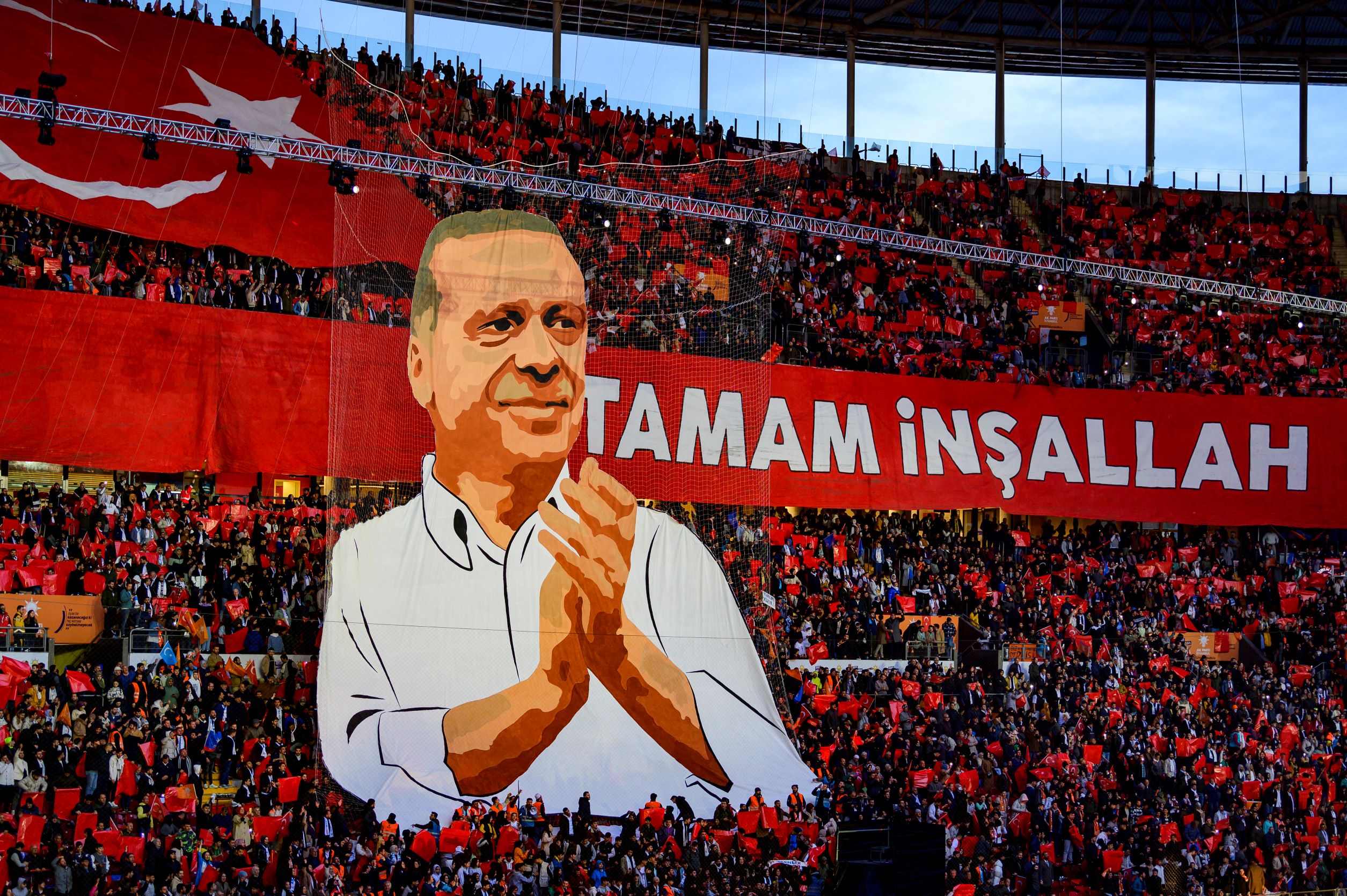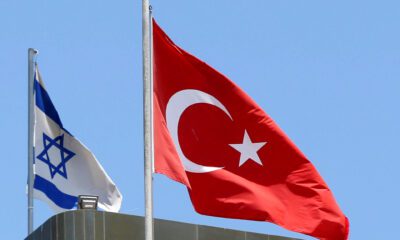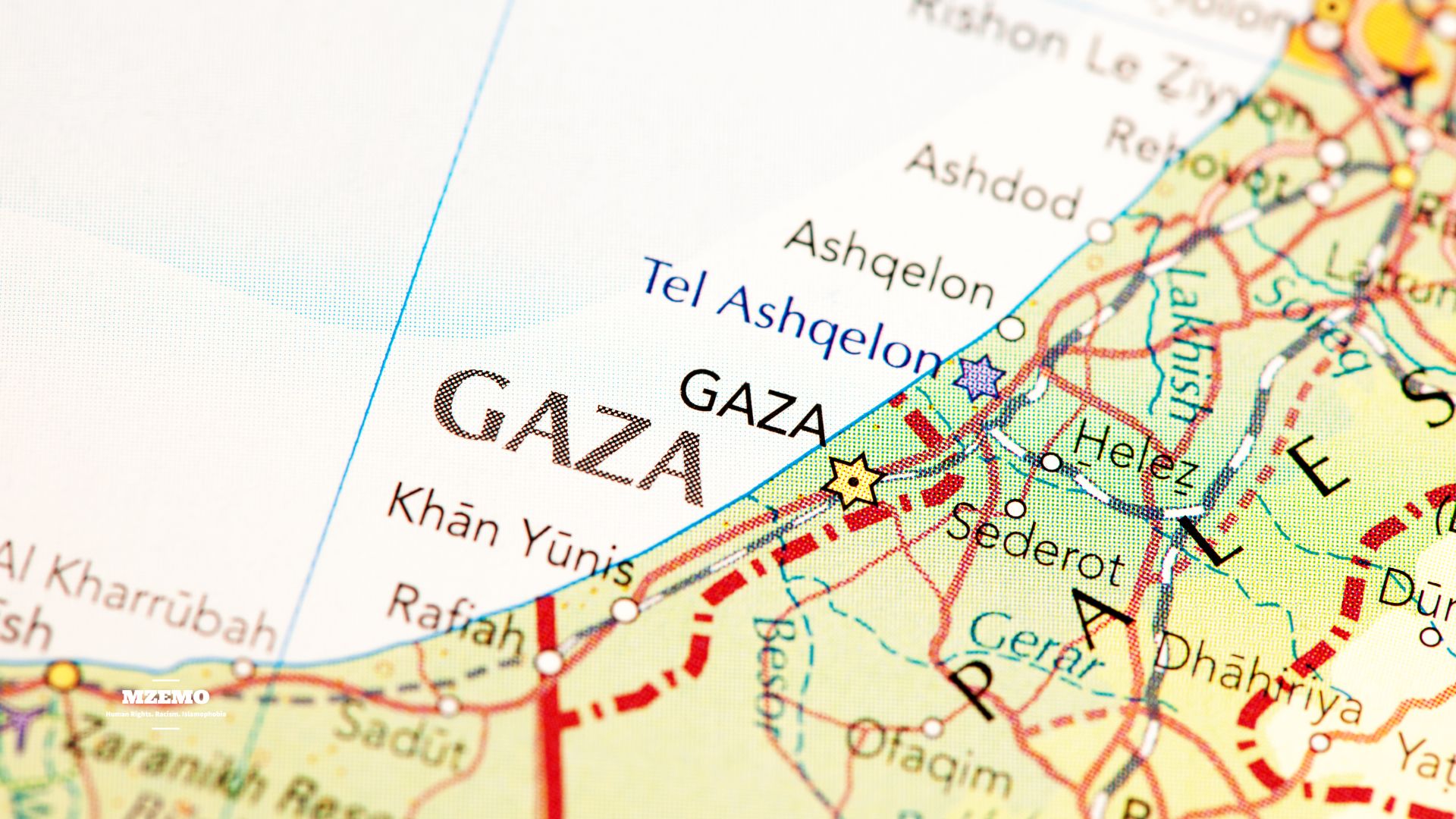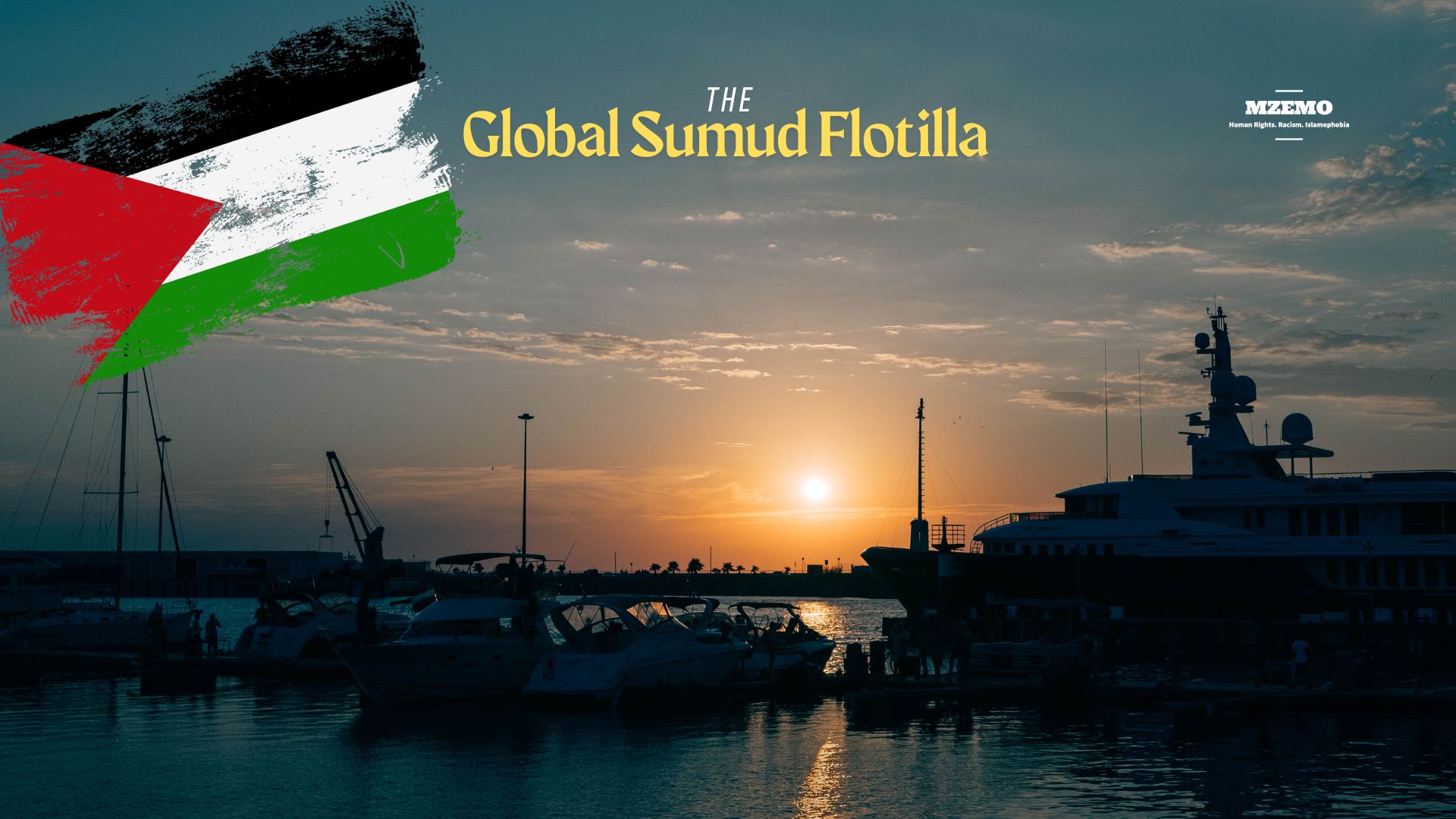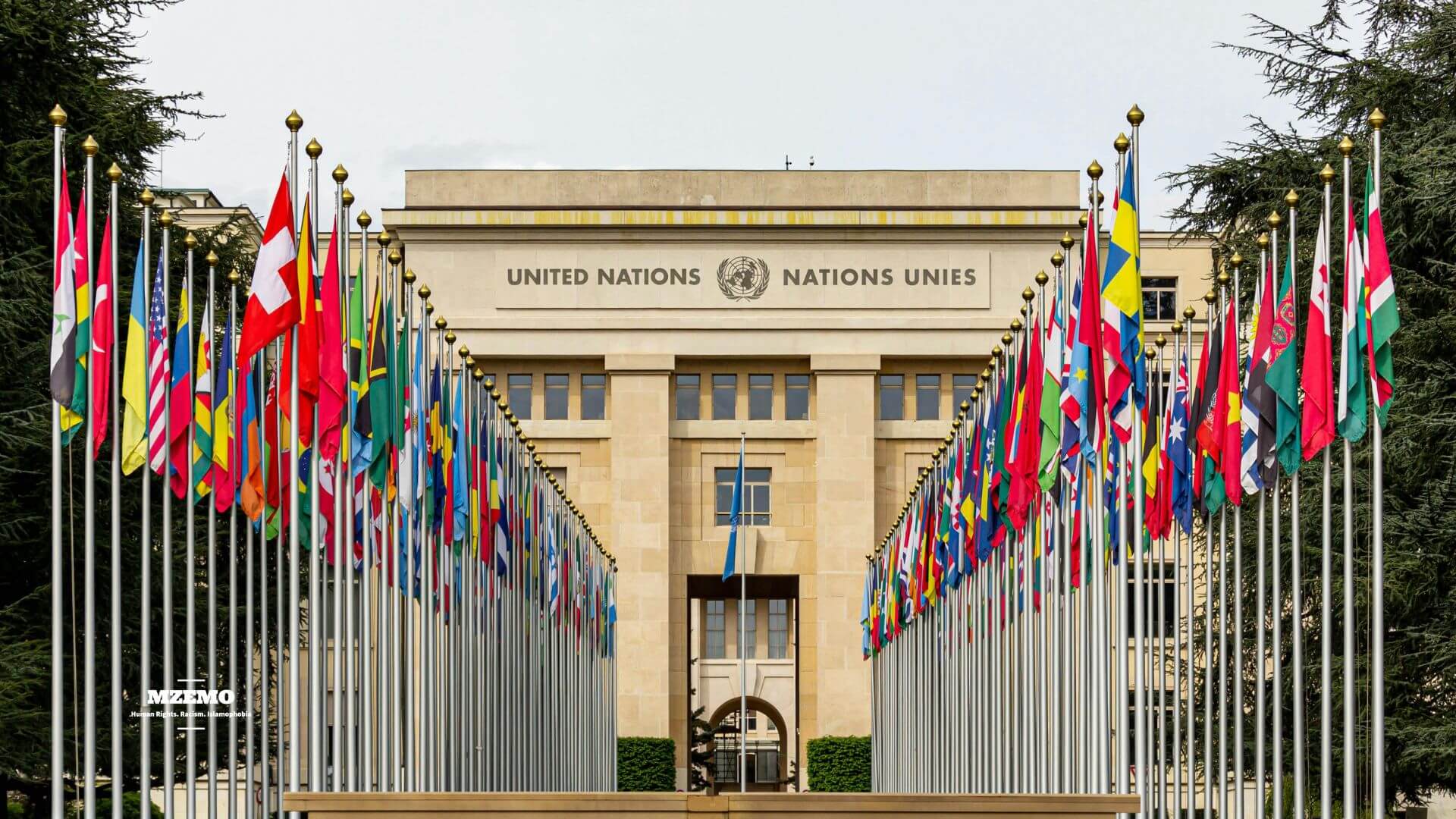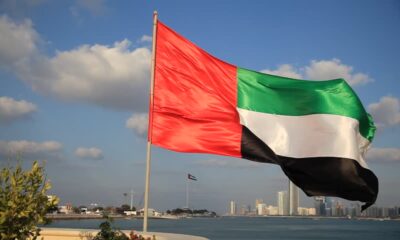On 14 May, Tens of millions of Turks will go to the polls to elect a President for the Turkish Republic. The main contenders are the incumbent veteran President Recep Tayyip Erdogan, in office since 2014, and Kemal Killicdaroglu, a candidate of a six-party alliance for the Presidential race in Turkey.
The Presidential race in Turkey will be hotly contested, as opposition parties seem determined to oust the Quasi-Islamist leader, Erdogan.
Killicdaroglu, a fierce secularist, who hails from the heterodox Alavi sect, doesn’t hide his ambitions to return Turkey to the pre-Erdogan era, when the powerful military-backed quasi-fascist secular establishment, suppressed all public Islamic expressions, including the Islamic Hijab for women as well as Quranic schools.
Read Also: Why should dignified Muslims never normalize with Israel?
Indeed, this utterly undemocratic “deep state”, which viewed itself as the ultimate guardian, custodian and guarantor of Mustafa Kemal Ataturk’s legacy, had carried out several coups against elected governments, keeping Turkey, the important NATO member-state and one of the most important Muslim countries, democratic only nominally, but effectively authoritarian. In 2002 the Justice and Development Party (Adalet ve Kalkınma Partisi; AKP), a party with Islamic roots, swept the parliamentary elections.
It came to power under the leadership of Abdullah Gul, Party leader Erdogan was found ineligible to serve in Parliament or as Prime Minister because of a 1998 conviction related to him publicly reciting a few verses of poetry deemed as incompatible with the Republic’s secular principles.
The international community observes closely the Presidential and parliamentary race in Turkey. Western powers, particularly the US, France, and Germany, in addition to Israel and the international Masonic movement, left no stone unturned in order to overthrow the Erdogan regime and replace it with another subservient regime that would keep Turkey revolving in the American orbit.
These persistent efforts to destabilize the Erdogan regime culminated in an attempted coup on 15 July 2016, when a faction of the Turkish military carried out a coordinated attempt to topple the Turkish government.
The bloody attempted coup was eventually crushed by the vigilant Turkish people who stubbornly refused to be robbed of their earned liberties, civil rights and dignity. The failure of the coup attempt made Muslims around the world breathe a sigh of relief as Turks proved to the entire world that Turkey was not just another Banana republic or a playground for any foreign power’s intelligence agency.
Needless to say, Western powers and Israel, which had expected to hear the “good news” of Erdogan’s death, arrest or escape, didn’t hide their frustration and indignation at the failure of the attempted coup. Thus, Turkey remained a thorn in the side of the anti-Islamic powers in Europe and North America.
Turkey must not lose its Islamic face
I realize I am not in a position to lecture, or even advise Turkey, the Turkish people as to whom they should elect as their President in the Presidential race.
None the less, for the sake of truth, and history, certain things must be amply clarified.
As a long-time observer of Turkish affairs since the 1970s, I believe it was thanks mainly to Erdogan’s leadership that Turkey is what it is today, namely a modern, powerful, preposterous and independent state.
Thanks to Erdogan, Turkey has a modern industrial infrastructure, a powerful modern army and as well as a vigorous economy. Turkey is also a chief regional and world player. This active role proved effective and vital in managing the Ukrainian crisis, the Middle East, NATO, and even Africa.
There is no doubt that the present state-of-affair of Turkey is a thousand times better than it ever was during the pre-Erdogan era when the “Attaturk Cult” dominated the country, crippling creativity, Innovation and progress, and maintaining a tight grip on civil rights and liberties.
Erdogan’s achievements, both domestically and externally, are too numerous to be listed in this short piece.
Domestically, He restored Turkey’s Islamic face without suppressing Western-style freedoms. The Turkish leader came under all sorts of pressure from Western countries to change course.
However, he smartly stayed his course until he achieved his goals. In fact, Erdogan can be a role model for many Arab and Muslim leaders who are more or less at America’s beck and call.
His courageous decision to reconvert the AyaSophia Mosque in Istanbul from a museum into a place of worship was met with widespread satisfaction in Turkey and throughout the Muslim world.
Moreover, Erdogan’s decision to host millions of Syrian refugees, fleeing a deadly rampage of terror, organized by their criminal sectarian regime, testified to the Turkish leader’s moral and Islamic credentials, despite the numerous security risks and the hefty financial burden inured by the Turkish economy.
Read also: Bashar Assad should be tried for crimes against humanity not Rehabilitated
More to the point, Erdogan’s adopted a brave stance, protecting millions of Syrians from what it would have been a real genocide by the army of Bashar Assad and his Russian and Iranian backers.
Regionally, Turkey under Erdogan became a premier supporter of the just Palestinian cause. Every Palestinian man, woman and child in Gaza and the West Bank, including Jerusalem, can easily see and feel the positive and tangible impact of Turkish contributions, which bolstered Palestinian steadfastness in the face of Israel’s Nazi-like oppression and occupation.
Moreover, Turkey’s brotherly intervention in places like Libya and Qatar prevented anti-Islamic terrorist forces, like those of Khalifa Hafter, from having a free season on the Libyan people.
Libyans know too well what Hafter’s gangs would have done had they seized the chance to enter Tripoli and other towns in Western Libya.
More to the point, the deployment of Turkish troops in Qatar effectively thwarted efforts by the UAE and Saudi Arabia to overrun the small and peaceable Gulf Emirate, ransack it, savage its proud people and replace its leadership by another that is at Donald Trump’s and Jared Kushner’s beck and call.
Erdogan: The rising star must keep rising
Today, Turkey is an important and influential country on the regional and international arena.
Turkey’s political, economic and military power is undoubtedly a great asset for the entire Islamic Umma as well as for peace in the region and the world. Hence, the upcoming presidential race in Turkey is crucial for the Country’s reputation.
It is hoped that Turkey will continue its march toward national fulfilment, economic growth and military aggrandizement.
It is also hoped that Turkey will soon overcome the devastating effects of the recent earthquake, which hit South Western Turkey and North Western Syria, killing and injuring tens of thousands of people and destroying tens of thousands of buildings.
I know recovery and rehabilitation will be a formidable task and a tremendous challenge. However, it seems that the Turkish government is doing a fairly good job, accommodating the affected families and rebuilding the destroyed infrastructure, including quake-resistant homes for survivors and affected people.
Let us all hope for a successful presidential race in Turkey.

 Featured2 years ago
Featured2 years ago
 Featured3 years ago
Featured3 years ago
 Featured2 years ago
Featured2 years ago
 Featured4 years ago
Featured4 years ago
 Featured3 years ago
Featured3 years ago
 Featured5 years ago
Featured5 years ago
 Featured2 years ago
Featured2 years ago
 Featured3 years ago
Featured3 years ago
